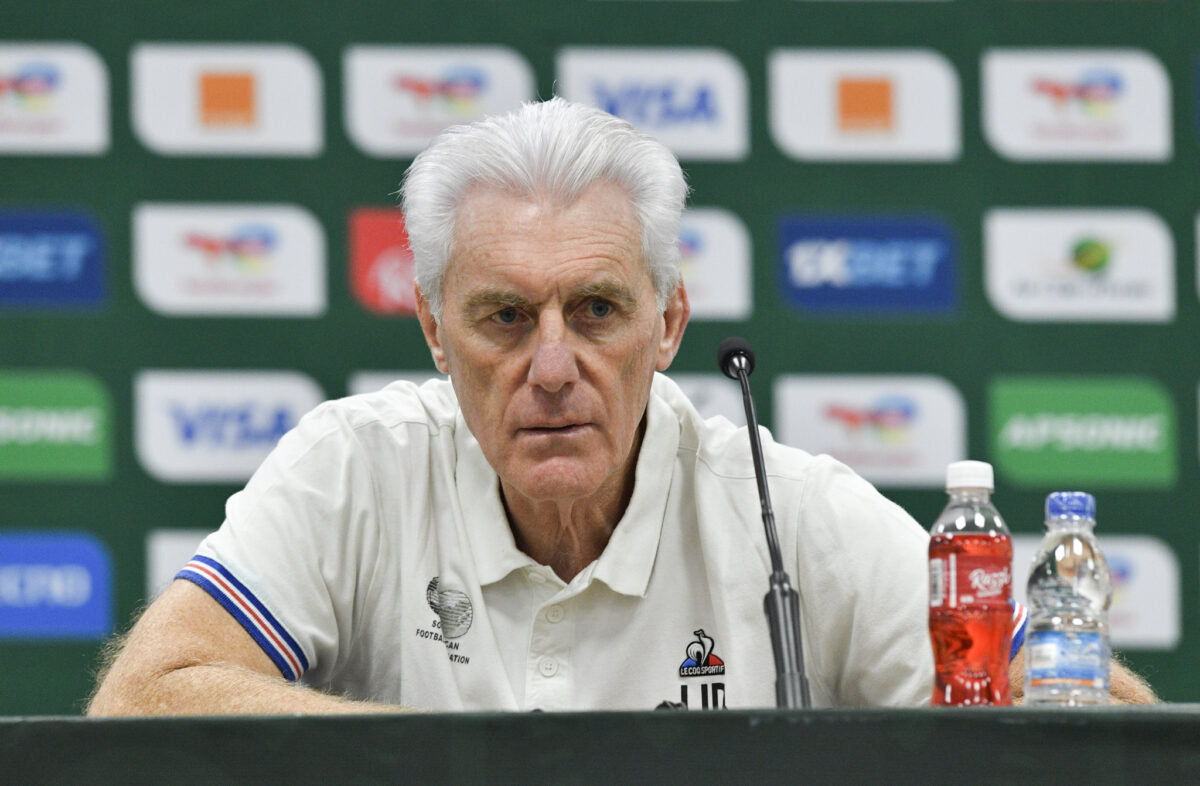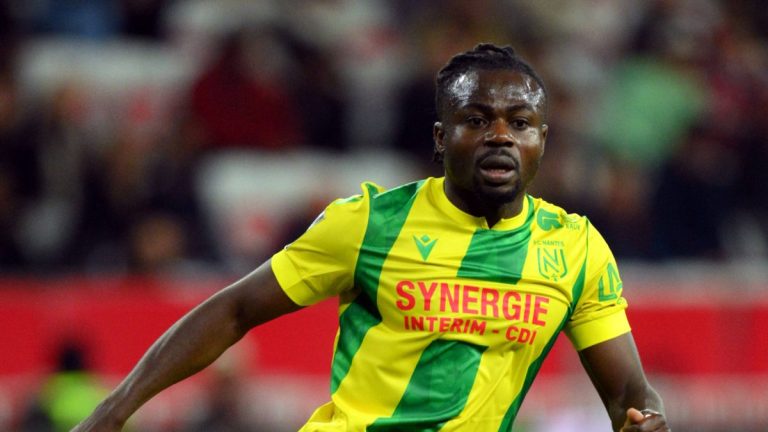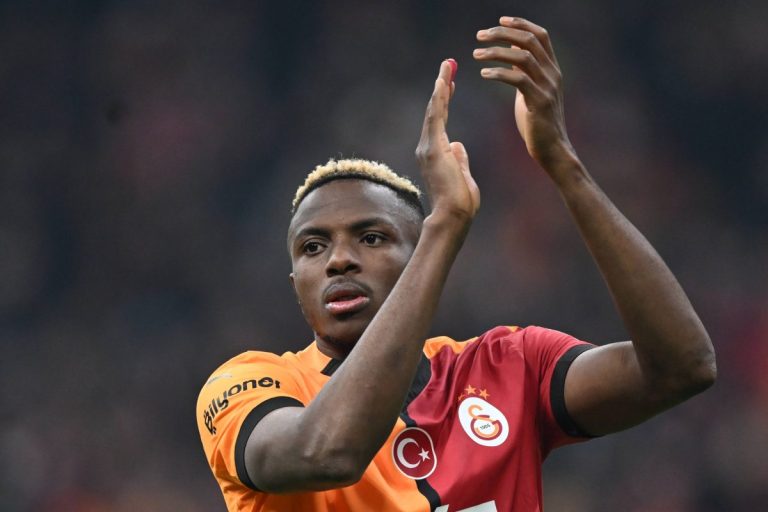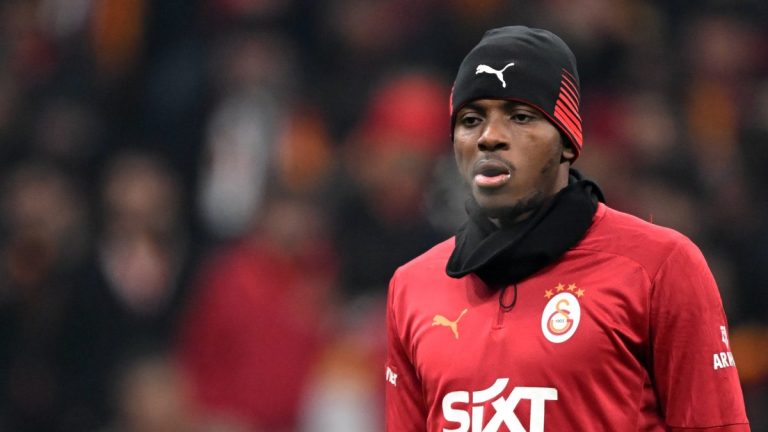South African national team coach, Hugo Broos, sparked controversy after seemingly excluding Percy Tau from a list of big-game players in Africa.
The 72-year-old Belgian, who led Bafana Bafana to a surprising AFCON 2023 semifinal (their first in 24 years), recently named Sadio Mané (Senegal) and Victor Osimhen (Nigeria) as the big-game players on the continent, leaving out South Africa's own Tau.
This omission triggered criticism from the South African media, who felt Broos disrespected a key player for their national team. Broos’ comments highlight the delicate balance coaches face when discussing individual players, particularly within their own teams.
Speaking on the Frank & Franky Podcast, Broos revealed he received heavy criticism from the South African media for not mentioning one of their own
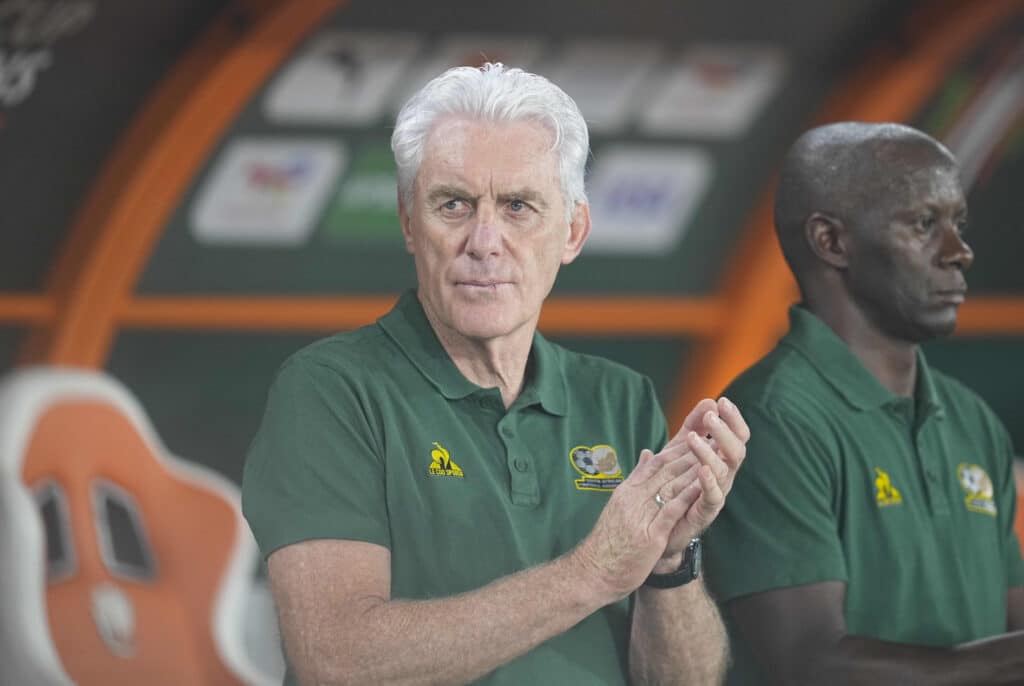
“They almost shot me for it, because I said that Percy Tau is not a big player. When I talk about a great player, I think of Mané at Senegal or Osimhen at Nigeria. The press then turns Percy Tau into a real star player. Strangely enough, Tau was criticized afterwards for not playing well. It is a prime example of how the South African press can be tough,” the Bafana Bafana coach said, as per Nieuwsblad.
The controversy surrounding his omission of Percy Tau has cast a shadow over Hugo Broos' future as coach of the South African national team. The Belgian manager, recently linked with a return to Club Brugge, has revealed that the “unfair criticism” he received following his comments made him reconsider his position with Bafana Bafana.
“I don’t want to experience the criticism I received here over the last two years again. That is always something that hurts. They accused me of having no respect for the nation and of not knowing African culture. For example, everyone knows that the competition is at too low a level. But if I said that, I would be blamed,” the former Cameroon coach added.
Super Eagles vs Bafana Bafana rivalry
Nigeria and South Africa's relationship is a complex tapestry woven with threads of political solidarity and competitive spirit. During South Africa's dark days of apartheid, Nigeria emerged as a beacon of support for the African National Congress (ANC) in their fight for liberation. Military aid, financial resources, and high-level diplomatic backing from Nigeria proved crucial to the struggle that culminated in Nelson Mandela's historic election as the first Black president of South Africa in 1994.
However, a twist of fate would soon see their strong bond challenged. Mandela, a champion of human rights, vehemently opposed the Nigerian government's brutal execution of nine activists, including Ken Saro-Wiwa, under military leader Sani Abacha. This disagreement sparked a rivalry that transcended politics and found its expression on the football pitch.
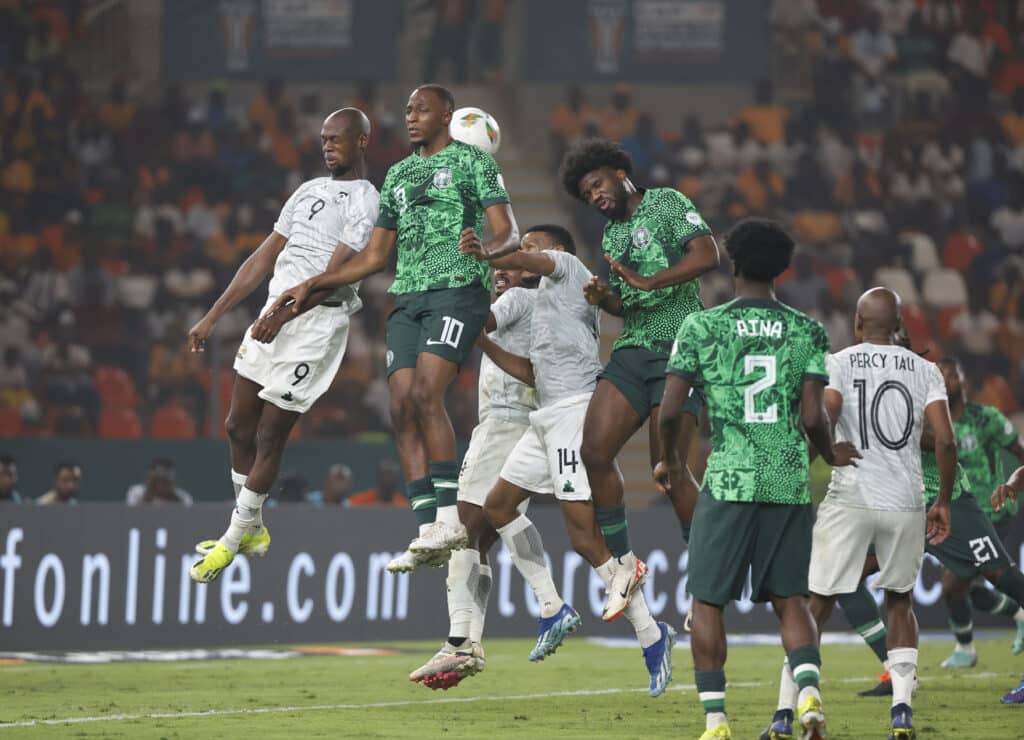
The stage was set for a clash at the 1996 Africa Cup of Nations (AFCON), hosted by a newly liberated South Africa. Nigeria, fresh from their 1994 AFCON victory, were favourites to defend their title. But Abacha, in a controversial move, boycotted the tournament citing concerns over player safety—a decision widely seen as retaliation for Mandela's criticism.
South Africa, in the absence of the Super Eagles, seized the opportunity and went on to claim their first and only AFCON title to date. While a historic moment for the nation, a lingering question remained: would Nigeria have retained their title had they participated? This notion was seemingly bolstered by Nigeria's triumph at the 1996 Olympic football tournament later that year.
The rivalry continued to simmer, finally boiling over at the 2000 AFCON. In a crucial semifinal encounter, Nigeria, determined to prove their dominance, outclassed a promising South African side (Bafana Bafana). This marked the last time South Africa reached the AFCON semifinals until their recent resurgence in 2023.
The 2023 AFCON clash further emphasized Nigeria's upper hand, marking their third consecutive knockout stage victory over South Africa in the continental tournament. This on-field rivalry extends beyond the boundaries of the pitch, reflecting the complex and evolving relationship between these two African giants.
2026 FIFA World Cup Qualifiers
Nigeria desperately need to pick up points in June after a disappointing start to their World Cup qualifying campaign. The Super Eagles have drawn their opening two games against Lesotho and Zimbabwe, leaving them in third place in Group C.
South Africa will lock horns with the Super Eagles of Nigeria on the 5th of June as both sides look to secure three points en route to qualifying for the 2026 FIFA World Cup.
Osimhen justifying the ‘big player' tag
Born in Nigeria, Victor Osimhen began his professional career in Germany with VfL Wolfsburg in 2017. He quickly rose through the ranks, impressing in Belgium and France before making a record-breaking €70 million transfer to Italian giants Napoli in 2020.
At Napoli, Osimhen established himself as a world-class striker. He played a pivotal role in their historic Serie A title win in 2023, becoming the league's top scorer with a record-breaking 26 goals (the most by an African player) and earning both the Best Striker and Footballer of the Year awards. He is currently the highest-scoring African player in Serie A history.
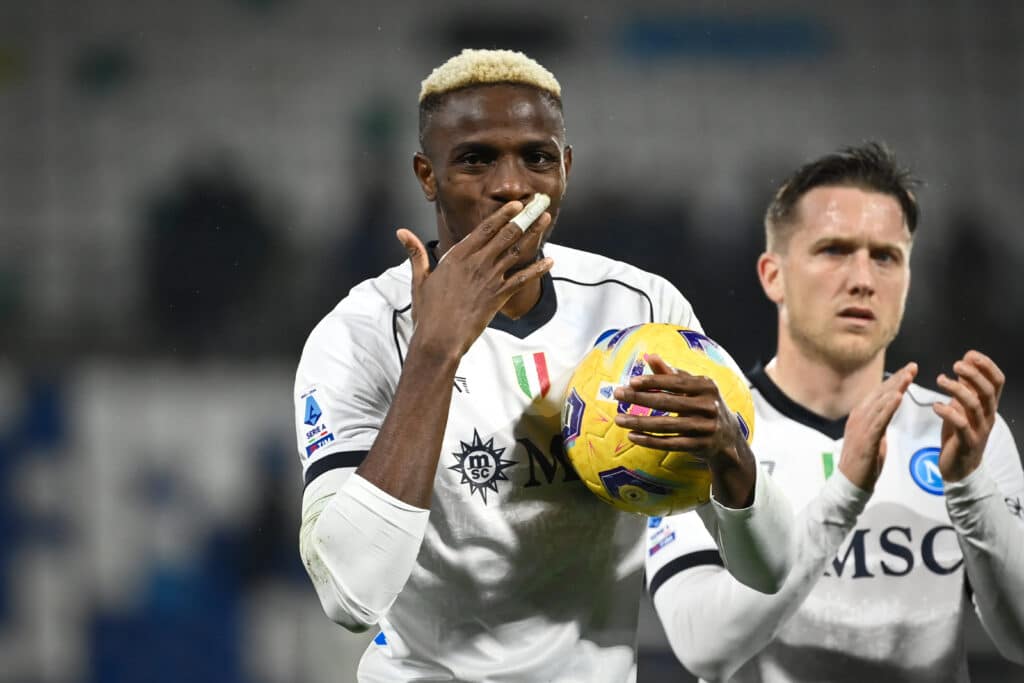
On the international stage, Osimhen's talent shines as well. He was instrumental in Nigeria's U-17 World Cup victory in 2015 and has become a mainstay for the senior team, recently reaching the Africa Cup of Nations final in 2023. He's currently among the top three scorers for the Super Eagles .
Osimhen's achievements haven't gone unnoticed. He finished eighth at the 2023 Ballon d'Or ceremony, becoming the first Nigerian in the top ten. He was also crowned the 2023 African Footballer of the Year, the first Nigerian to receive this honor since 1999.

